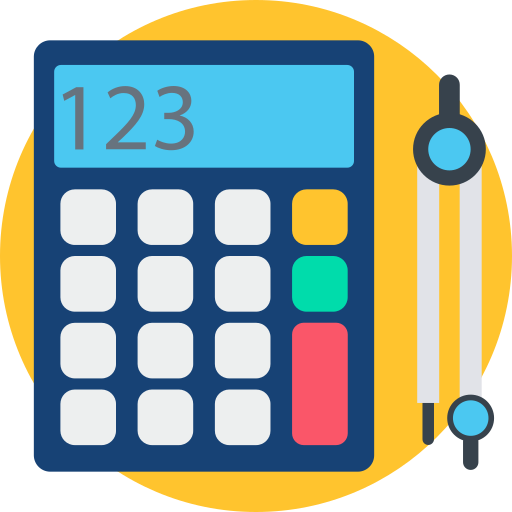
This logo isn't an ad or affiliate link. It's an organization that shares in our mission, and empowered the authors to share their insights in Byte form.
Rumie vets Bytes for compliance with our
Standards.
The organization is responsible for the completeness and reliability of the content.
Learn more
about how Rumie works with partners.

Ever wondered what studying math could do for you?
Whether you love crunching numbers or just want to know if it's worth your time, this math graduate is breaking it all down!
Ready to see if math is your thing? Find out what a math program is all about, why it might be your perfect fit, and how to ace it.
Why study math?
Math teaches you to think logically and make decisions based on evidence. These skills are useful in all jobs and everyday life.
From tech and finance to engineering and science, many high-demand careers require a strong math background.
Many math-related jobs offer competitive salaries and great job security.
The analytical skills you gain from studying math can set you up for success in other fields and help you adapt to a rapidly changing world.
If you love problem solving and want to gain valuable transferrable skills, then a math program may be the right path for you!

Quiz
You're debating between studying math or another field. Which of the following could help with your decision? Select all that apply:
When deciding on a program, research your options, consider introductory courses to see if you enjoy the topic, and compare the curriculums for different programs.
What will you learn in a math program?

Subjects
Core subjects: calculus, algebra, and statistics
Additional courses: computer science, cryptography, geometry, and financial math
Choose electives and explore pathways!

Skills
You'll develop valuable skills like:
Logical thinking
Attention to detail
Problem-solving
Technical proficiency
This blend of technical and practical knowledge prepares you for a wide range of careers and real-world challenges!
Did you know?
In cryptography, special algorithms use the difficulty of breaking down large prime numbers to keep data safe. This means that math isn't just theoretical — it's the backbone of secure communication in our digital world!
What career path can you follow?
Studying math can prepare you for many careers in education, technology, business, and more. Here are just a few examples:
Teacher/Professor
Software engineer
Accountant/bookkeeper
Actuary (see the video below for an interview with an actuary for a brief look at the career)
Furthering your education is also an option. If you are passionate about mathematics, a masters or doctorate might be for you. Some jobs like professor, analyst, or mathematician may require further education.
Check out What career path do I have with a math degree? for more details!
Did you know?
In AI, algorithms often use linear algebra to process and analyze large amounts of data. For example, when training machine learning models and matrices are used to represent data, and operations on these matrices help the model learn patterns. So, the math behind AI isn’t just complex — it’s what allows machines to learn and make decisions!
How should you prepare for a math program?
Programs require a certain number of math credits from high school, so make sure you meet those pre-requisites.
Research everything about the program before you commit! Find out the required courses, check the costs, make a mock schedule, and research opinions on the math programs at certain schools.
Some math courses require an entry test so review your stuff from high school and STUDY for this test. These tests are typically multiple choice and you can find study guides online.
Here are some university comparison tools to help you make a decision depending on your location:

How can you succeed in a math program?
Pay attention, take notes, and participate in lectures and labs.
Some of the new concepts and teaching methods can be a jarring change from high school, so make sure to review and study often.
Go to office hours when you have questions and get to know your professors.
Create a study group to support each other with homework and exams. You can make friends and get good grades!
Sometimes you might have low moments but just keep on pushing — it will be worth it in the end!

Who should study math?
Out of the following four candidates, who would be best suited to enter a math program?

Kai
Values working with other people
Prefers creative disciplines

Amara
Loves solving problems
Values hard work and commitment

Tariq
Prefers hands-on activities
Values flexible schedules

Sofia
Curious about different subjects
Enjoys learning new things
Quiz
Which of the four people best suits a math degree?
Amara loves problem solving. She is committed, focused, and hard-working, so she'd be well-suited for a math program!
Take Action
So, do you want to study mathematics?
While difficult at times, I learned a lot of valuable skills and concepts that keep my brain sharp. Problem solving is essential for any job and this is one program that will prepare you for that!

If you think you should study mathematics:
This Byte has been authored by
Christina DaCosta
AI Trainer
Bsc, BEd